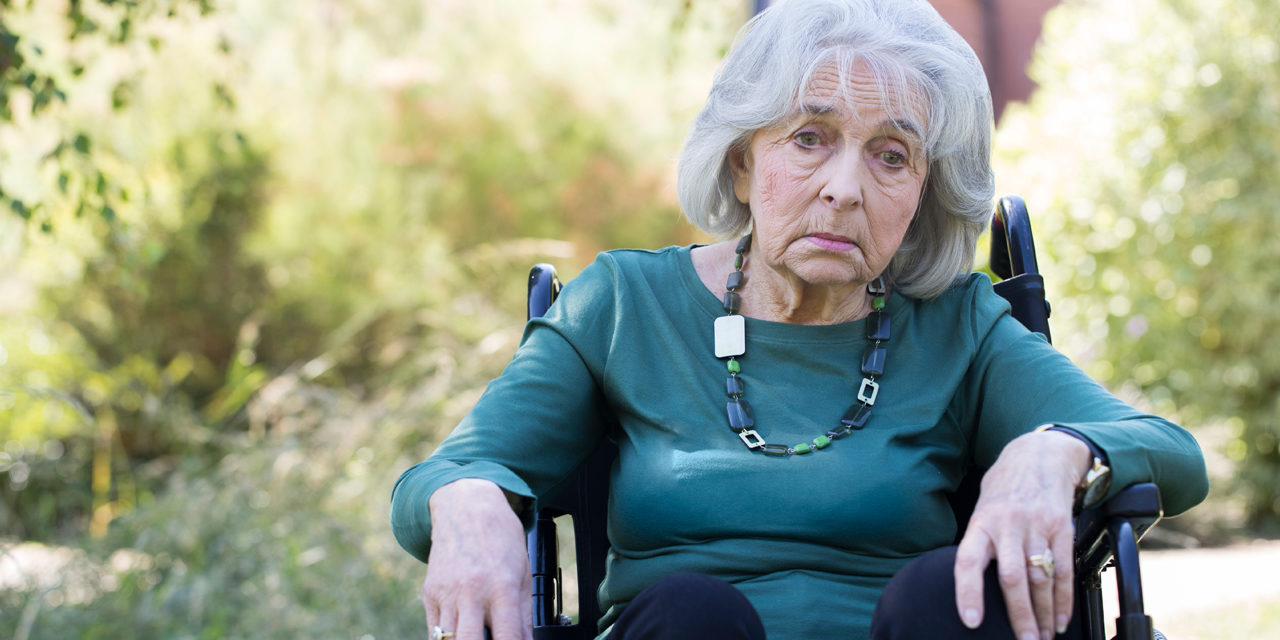There’s been a lot of attention and focus on the deaths of the elderly in nursing homes across the country, especially in New York. However, the Associated Press (AP) is reporting that COVID isn’t the only problem in an industry that cares for the elderly and vulnerable, neglect is a big problem too.
And the reports are disturbing.
When COVID enters a nursing home, deaths due to other causes can increase, in some cases even double.
According to AP, Donald Wallace, a 75-year-old Alabama retired truck driver, died in a nursing home, in what was described as a “failure to thrive.” In his case, that was apparently code for a combination of malnutrition, dehydration, “septic shock from an untreated urinary infection, E. coli in his body from his own feces and aspiration pneumonia, which indicated that Wallace, who needed help with meals, had likely choked on his food.”
Wallace had also reportedly become so weak, that he resembled a concentration camp victim. And he’s not the only one.
Alex Leak Jr., a Korean veteran, died of complications due to dehydration, specifically a fatal acid buildup in the kidneys known as lactic acidosis. His life likely could have been saved if he had received something incredibly simple: water. The veteran had a check-up in February showing that he was in excellent health for his age. The family reports that Leak was very purposeful about his water consumption—so that he died from lack of water leaves them incredibly frustrated and perplexed.
The official cause of death for James Gill, 78, was Lewy Body Dementia, which is a “type of progressive dementia that leads to a decline in thinking, reasoning and independent function because of abnormal microscopic deposits that damage brain cells over time.” But when the family visited just prior to his death, they experienced something entirely different.
After three months of separation due to COVID restrictions, his daughter, June, was finally able to visit her father. She found him in his bed soaked in sweat, covered in bruises from various falls, his nails so long they curled and his eyes so crusted that he thought he had gone blind. He died just two days later.
Many of the nursing homes issued similar statements regarding the deaths, arguing that all received proper care, without specifically commenting on the AP’s story. But that’s not what families experienced.
Like so many hospitals, nursing homes are also stretched thin by the coronavirus pandemic and associated staffing shortages, unable to keep up with the elderly men and women as much as they should. The added challenge of family members being unable to check in on their loved ones and help oversee their care has, in some cases, resulted in disturbing levels of neglect.
That’s why families separated by COVID need to do everything possible to stay in touch with their loved one daily.
The best way, at least in my family’s experience, is through Facetime. My grandmother entered an assisted living and memory care facility late last year due to a variety of reasons, including her increasing dementia. She currently Facetimes with someone in the family at least once a day if not more during a particularly bad episode. She’s also tested positive for COVID but is currently doing well.
Though her facility is doing everything they can, my mother’s constant presence over the phone and watchfulness has helped, but neglect can still happen.
These cases are incredibly disturbing and should result in an investigation. COVID deaths in nursing homes are somewhat understandable. Neglect, especially the severe cases cited by the Associated Press, is not.
Photo from Shutterstock






